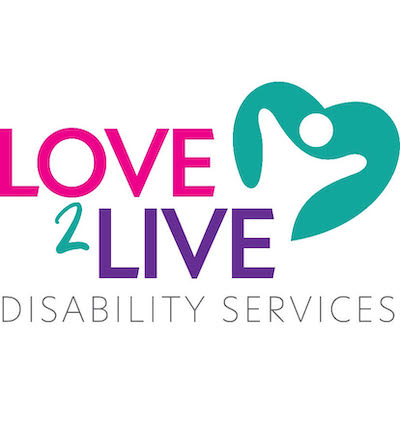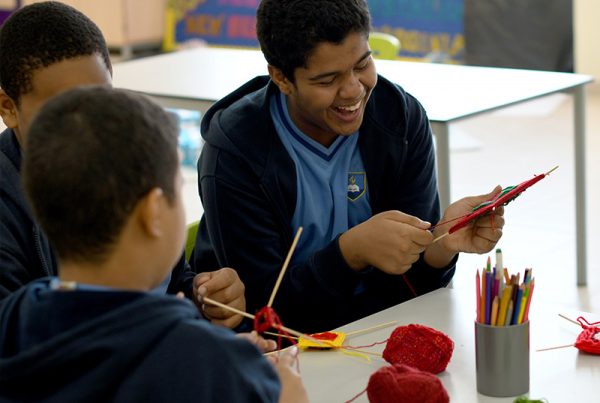The National Disability Insurance Scheme (NDIS) is the new way of providing support to Australians, under the age of 65, with permanent and significant disabilities.
The scheme can be life-changing, but tackling the logistics can feel overwhelming. Here’s a brief rundown on some of the key terms you’ll hear, and tips on how to simplify the process.
What is a permanent and significant disability?
A disability that is likely to be lifelong and have a substantial impact on your ability to complete everyday activities. It can be:
- intellectual
- physical
- sensory
- cognitive
- psychosocial.
What type of supports will the NDIS fund?
Supports that may be approved include:
- Support workers to help with personal care activities
- Therapeutic supports like behaviour support
- Aids and equipment
- Home modifications
- Mobility equipment.
What doesn’t the NDIS cover?
NDIS funding doesn’t cover general everyday living expenses that people without disability would be required to pay. Things like:
- Everyday travel
- Food
- Rent
- Entertainment
What is an NDIS plan?
Your plan is all about you – your personal goals and needs, details about the supports you will be funded for, and how much funding you will receive for these supports.
How do I get a plan?
After you’ve satisfied the NDIS’s eligibility requirements, a planning meeting will be scheduled with an NDIS representative, so they can talk to you about what you need in your plan.
Before that though, you need to do some preparation:
Fill out the NDIA’s booklet two – Planning – look at an average day, week, and month in your life, and note down all the supports you need for each activity.
Think about what’s important to you. For example, I like playing golf and I want to increase my independence. Then work out your goals. For example, I’d like to play golf regularly and join my local club. From there, think about what you’d need to achieve those goals. In this instance, it might be a support worker to help me get out on the course and build social connections.
Write down any questions you’d like to ask. That might include things like:
- How will the plan be sent to me?
- If I remember something after meeting or want to send additional information, how can I do that?
- How long after my planning meeting will I receive my final plan?
Decide who you would like to come to your planning meeting with you.
You can bring along a family member, friend, formal advocate or anyone else to your meeting. Invite anyone you feel will help you to communicate your circumstances effectively.
Gather any other information or reports you think would be helpful for the NDIS to understand the impact of your disability and your personal circumstances.
Start gathering supporting evidence and information about your condition – from your GP, specialist or other health professional. Bring along any reports or assessments that could help the NDIS understand how your condition affects you.
How to manage your NDIS funding
During your planning conversation, you’ll also need to talk about how you want to manage the funding in your plan to pay for supports and services.
- Self-management – The NDIA will pay you so you can pay your providers directly.
- Plan-management – The NDIA will provide funding in your plan to pay for a Plan Manager who pays providers on your behalf.
- NDIA-managed – The NDIA will pay your providers on your behalf.
- A combination of the above options.
Your NDIS Plan
Funding will be allocated across three support budgets.
- Core Supports
- Capital Supports
- Capacity Building Supports.
These budgets align with a range of 15 support categories, including: assistance with daily life, transport, consumables, assistance with social and community participation, assistive technology, home modifications, coordination of supports, improved living arrangements, increased living social and community participation, finding and keeping a job, improved relationships, improved health and wellbeing, improved learning, improved life choices, and improved daily living.
Choosing your service providers
- Know exactly what supports you need
- Do your research on potential providers qualifications and experience
- Understand the level of service flexibility, and if it meets your needs
What else do I need to know?
Unspent funding doesn’t roll over at the end of your Plan, so it’s important that you make the most of your NDIS Plan each year.
For support and advice as you navigate the scheme, connect with the Love2Live team today.




